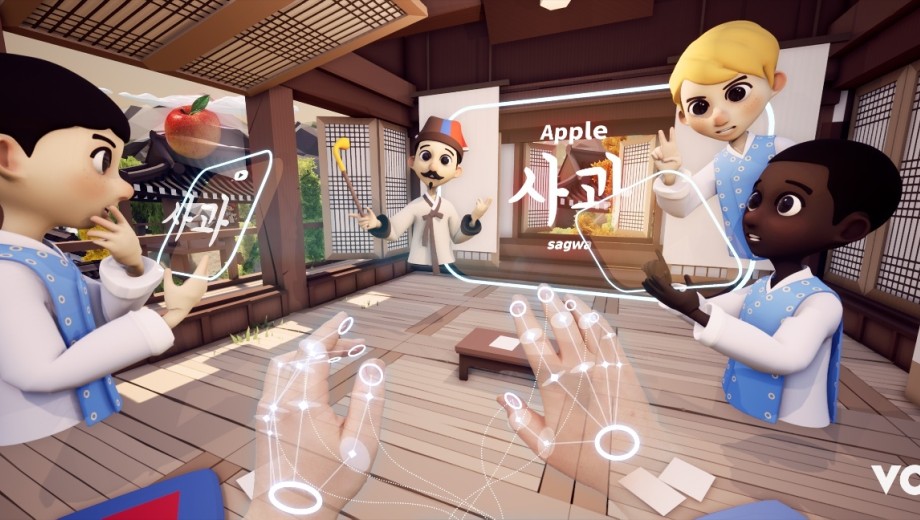Born in Seoul to parents originally from North Korea, Theodore Jun Yoo grew up in Ethiopia after his father became a government dispatch doctor there. Now a professor of Korean language and literature at Yonsei University in Seoul, Yoo offers a distinct perspective on the history of the two Koreas.
He has published three books, all with University of California Press. His first, The Politics of Gender in Colonial Korea: Education, Labor, and Health, 1910–1945 (2008), was followed by It’s Madness: The Politics of Mental Health in Colonial Korea (2016) and, most recently, The Koreas: The Birth of Two Nations Divided (2020). His next book, #Seoul, is under contract, also with UC Press, and explores the city through time and space: “a place of crucial bearers of cultural memories and a vast archive of stories.”
Yoo, AM’97, PhD’02, talked with Tableau about his experiences in the Department of East Asian Languages and Civilizations, his approach to history, and his K-drama addiction.
Your work is academic, but it also comes from a deeply personal place.
Sometimes when I read my first book, I think, god, I was thinking about my mom when I was writing this. And The Koreas was not meant for academics. That’s why there are no footnotes. In many ways I was writing to my generation. A lot of us had very similar experiences, and I think it’s so important to understand the reasons our parents left Korea.
You are in a literature department?
I’m a historian but I got put into the lit department. I’ve been teaching all kinds of courses, but what’s really special is being able to read a lot of literary works. Fiction is fiction, but it does tell you these important stories about that particular era. When I was working on my book on mental illness, because it’s so stigmatized in Korea it became hard to find material about it. So I turned to novels. There are all kinds of sources. And I try to integrate all the stories through teaching.
I’m just hoping The Koreas, which goes up to 2019, compels other historians to resist saying that you need some critical distance. When I say I’m writing about the year 2000, even literary scholars will say, “Isn’t that too recent? Shouldn’t we be focusing on the ’60s and ’70s?” But South Korea is one of these weird places where restaurants don’t last for more than three months. Things just keep changing.
You’ve said that you became interested in microhistories while at UChicago.
I was exposed to many dense theories, which were useful in developing conceptual frameworks. But I really fell in love with microhistory and the works of Carlo Ginsburg, Jonathan Spence, Robert Darton, Clifford Geertz, E. P. Thompson, and Natalie Zemon Davis.
All my work is grounded in microhistory, but I especially used that technique in The Koreas. Given that most readers are so familiar with certain big names or events, I wanted to use people from the diaspora or different social classes or genders to ask “large questions in small places,” as Charles Joyner aptly puts it.
The microhistories bring a lot of pop culture into the work. It’s funny, because you said you’ve avoided talking about things like K-dramas in any kind of critical way, despite your interest in them.
I’m a recovering Korean drama addict—I used to watch 12 dramas a week. I used to go to K-Town on Lawrence in Chicago and borrow hundreds of videos. I would spend more time watching dramas than trying to read Foucault.
Then in Hawaii [as an assistant professor], I had an army of people, and we would translate this stuff and post it online. This was before Netflix. I used to bring more than 100 people to this small auditorium where I’d show Korean films. I became a missionary for Korean pop culture before the whole Korean wave took off. People would always ask me: “You know so much about Korean films and dramas. Why don’t you write about them?”
I don’t want to write about that kind of stuff because that’s my form of escapism.
Did you always want to study Korean history?
I wrote my undergraduate senior thesis [at the University of California, Riverside] on comfort women, and that really got me interested in women’s issues. Initially I went to UChicago to study Japanese history until my adviser at the time, Tetsuo Najita, said, maybe you should think about doing Korean. And that’s when Bruce Cumings [the Gustavus F. and Ann M. Swift Distinguished Service Professor of History] came back to UChicago from Northwestern. So I switched fields and decided maybe I should do something on Korea.
What are your memories of UChicago?
I was probably one of the few doing Korean history at the time. I think Japan and China were more of the powerhouses then. But to me, what was really valuable was that intellectual community I can’t replicate anywhere else. It was very interdisciplinary—I took classes in anthropology, for instance.
One of the things I ended up doing when I went to Hawaii was building a Korean dissertation workshop with a colleague from the University of Illinois at Urbana-Champaign. That’s where I was able to reconnect with a lot of the UChicago students, who were part of this three-day workshop out in the wilderness somewhere in California. That kind of UChicago thing still made me happy. I missed that.

